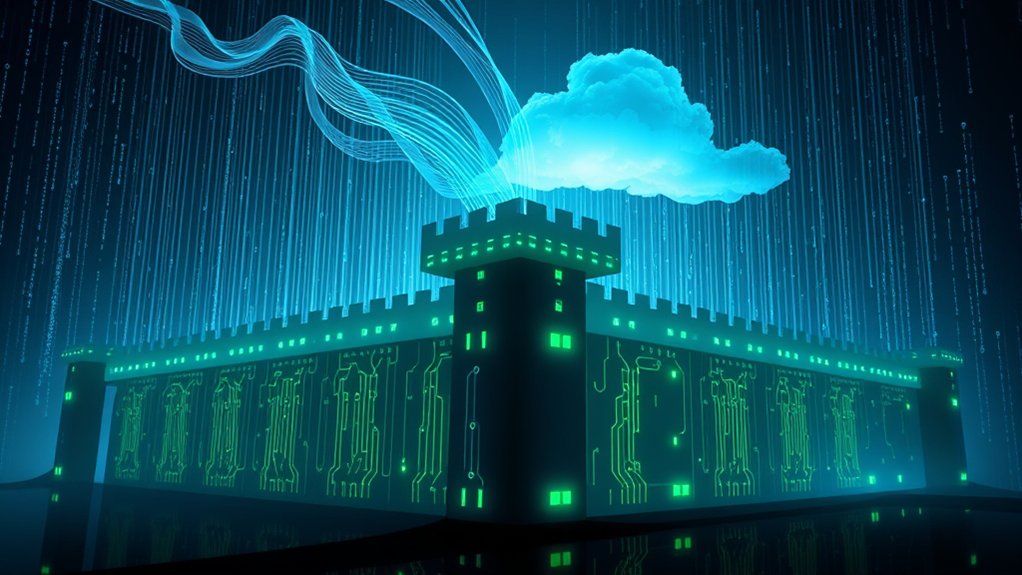In a significant step toward improving regional security, Japan and the United States have committed to strengthening their cybersecurity cooperation amidst increasing global cyber threats. This collaboration was formalized during a recent meeting between Japanese Defense Minister Gen Nakatani and U.S. Defense Secretary Pete Hegseth in Singapore. The two officials recognized the pressing necessity to align their strategic priorities within the cyber domain, particularly against the backdrop of escalating cyberattacks worldwide.
Japan’s legislative framework is evolving to support this partnership, exemplified by the recent passage of the Active Cyber Defense Bill. This legislation empowers Japan to deploy proactive measures to thwart significant cyber incidents, signifying a substantial commitment to boosting its cyber defense capabilities. The bill is expected to improve Japan’s technological posture as it strengthens efforts to collaborate with international allies, particularly in the context of collaborative intelligence, surveillance, and reconnaissance activities. Furthermore, this initiative comes as part of the strategic alignment between Japan and the U.S. in light of the upcoming U.S. National Defense Strategy for 2025.
Japan’s Active Cyber Defense Bill marks a pivotal advancement in enhancing national cybersecurity and international collaboration.
In addition to legislative progress, the U.S.-Japan NEXT Alliance Initiative facilitates ongoing bilateral dialogues that focus on cybersecurity. These dialogues, conducted in a hybrid format, allow for various stakeholders to participate in discussions about adaptive strategies for emerging cyber threats. Topics include the integration of artificial intelligence technologies into cybersecurity practices, aimed at creating more vigorous defenses. Both nations emphasize the importance of implementing signature-based detection systems while developing more advanced threat detection methods.
In the broader context of regional security, the U.S.-Japan alliance accentuates stability and prosperity within the Indo-Pacific region. Cybersecurity is increasingly recognized as a critical component of this stability, necessitating a proactive approach to emerging threats. The partnership not only seeks to safeguard its own digital infrastructure but also aims to empower partner nations through shared knowledge and resources.
Engagement in multilateral frameworks, such as the Quad and ASEAN, further underlines this collaborative effort, reinforcing mutual understanding and trust among nations. The U.S.-Japan alliance not only addresses immediate cyber threats but also positions itself as a leader in global cybersecurity initiatives, all while improving economic resilience across the Indo-Pacific area.









